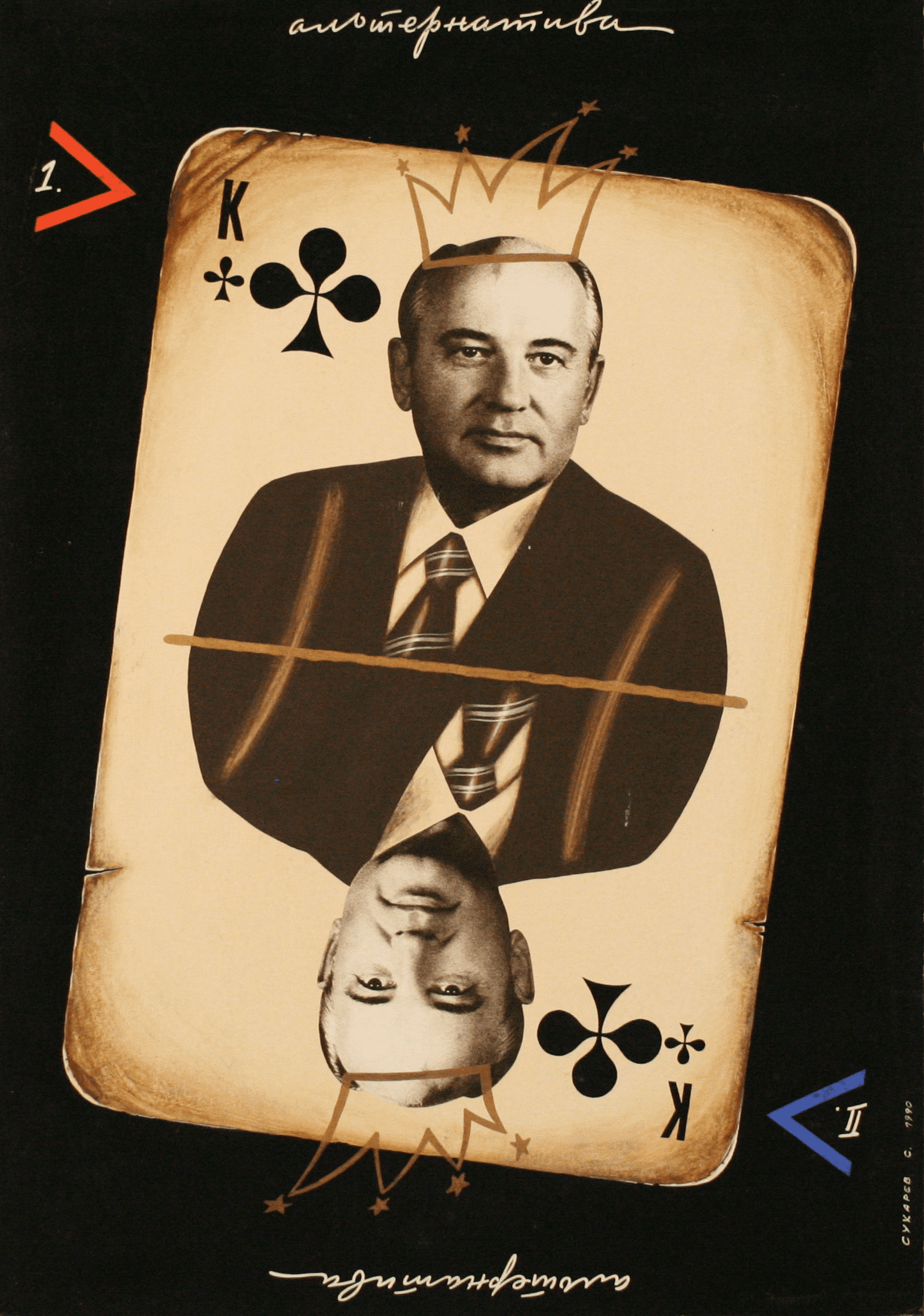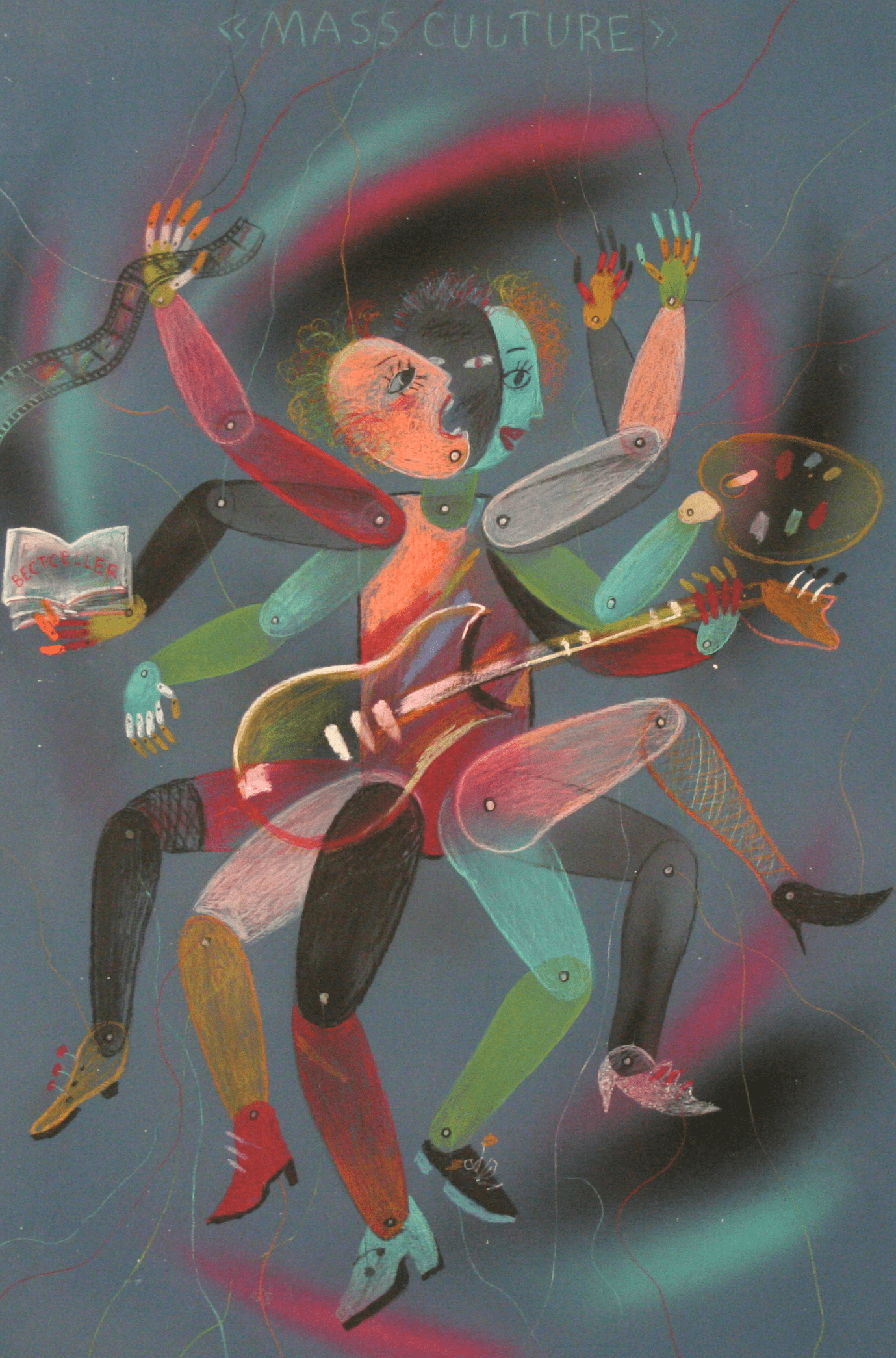A Message from the Wende Museum’s Founder and Executive Director on the Conflict in Ukraine
Dear Wende Community,
As a museum that specializes in the history of the Cold War in Eastern Europe and the former USSR, I have often been asked “why does it matter?” After all, the Cold War is a geopolitical conflict that was supposed to have ended more than thirty years ago.
In a world that is constantly changing, the Wende Museum, named for a German word that means “change,” history is always in the process of being made.
Like so many historians, I extolled the virtues of preserving the past in order to inform the present. Those very words have headlined the Museum’s homepage for the past ten years. And of course, that old adage sprouted up from time to time, “those who do not learn from the past are doomed to repeat it.”
But what was until a short time ago a conceptual argument about the importance of studying our collective history is no longer an intellectual exercise. It is now a harsh reality with real lives at stake.
As Russian tanks descend on the Ukrainian capital of Kyiv, many remember painful memories of the Soviet occupation of Hungary in 1956, Czechoslovakia in 1968, and more. Ukraine itself has been the victim at many points in its long history, including the Great Famine in the 1930s, known as the Holodomor, caused by the policies of Joseph Stalin, which resulted in millions of deaths.
For me, the events in Ukraine are personal. My last name, Jampol, is the name of a Ukrainian village where my ancestors escaped following the pogroms of the early 20th century. Like so many other cities and regions in Ukraine, that little village is now a war zone.
In addition to being a tragedy on a grand scale, the attack on Ukraine is a reminder that history is not a collection of old and dusty objects. It is, among other things, the individual and collective memories of those who have witnessed and experienced moments that have changed the course of history. And history is now.
All of us at the Wende Museum are anxiously watching events halfway around the world and stand in solidarity with the democratically-elected government of Ukraine. Over the coming weeks, we hope you will commune with us as we explore the present moment in the broader context of the Cold War and grieve for the victims of military aggression.
мир і любов,
Justinian Jampol




